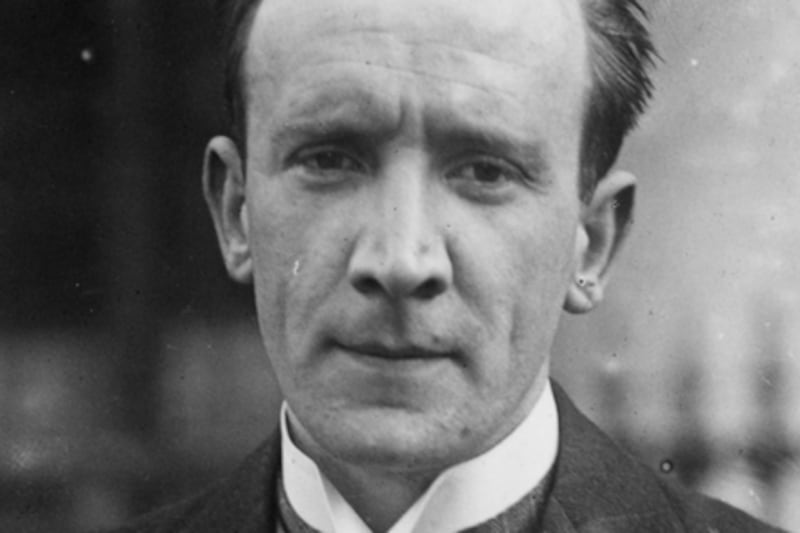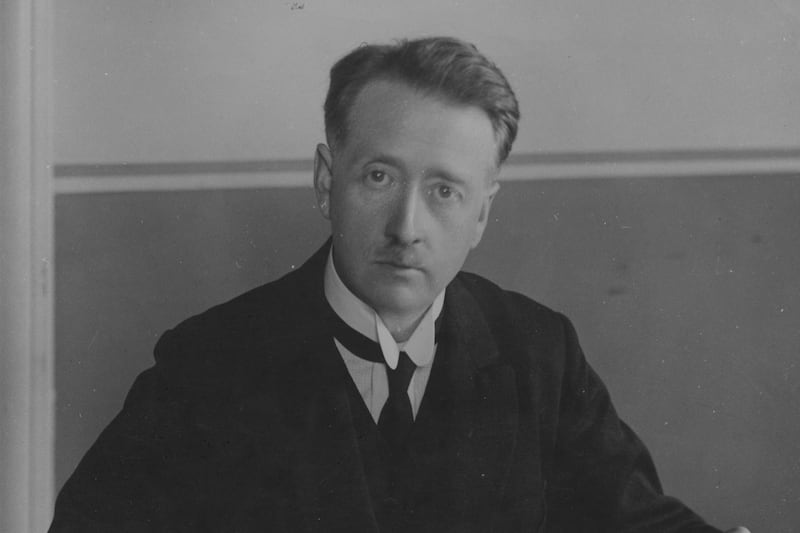August 15 1924
If they care to utilise it, we present all partitionists with a new argument in favour of maintaining the boundary between six counties of Ireland and the twenty-six that make up nearly five-sixths of the island’s area.
Even a few years’ experience of partition in practice has made a remarkable change in the position of the Orange Order as a corporate body. The bulk of its members reside in the six counties, but Cavan, Donegal and Monaghan hold quite a host of lodges “tenanted” by a formidable section of the brethren.
Have the Orange leaders and the rank and file deteriorated – have their fidelity to the “glorious, pious and immortal” principles associated with the Boyne River and several towns and their devotion to the cause of their religion been undermined by their residence on the other side of the border?
If the answer is in the affirmative, all true and steadfast members of the north-eastern lodges will stick to the boundary and cut off forever and a few days afterwards the renegades on the other side of the “thin dividing line”. We shall compare and contrast the views held by the brethren who orated on both sides of the boundary on the 12th of August so that the general public may appreciate the peculiarity of the new position.
Orangemen assembled in thousands at Castleblayney and celebrated the Relief of Derry. We learn that “20 contingents from Monaghan and eight from Clones attended the demonstration, which was described as a ‘Black Walk’”.
Sir Kt Brother RJ Lithco, of Cootehill, a prominent leader of the Order, was the principal speaker. He denied that he and his fellow-Orangemen were “out against the Free State” and mentioned the appointment of members of the Orange Order as Peace Commissioners”. Sir Kt Lithco added that they did not want to fight with their fellow citizens: “We will join forces with you in the political world, and unitedly we ought to be able to govern our land.”
At about the same hour, and not many miles away – at Ballygawley – Mr WT Miller, MP, was telling an assembly of Tyrone Orangemen that “every single loyal citizen should be armed” so that warfare could be waged with effective ferocity against the people whose Peace Commissioners included many Orangemen, and that “the Huns in the early stages of the war were angels compared with some of the southern Irish”.







